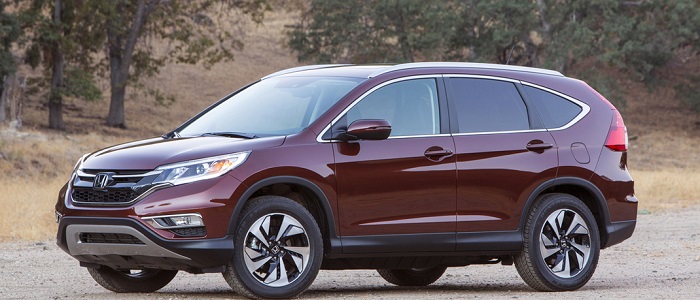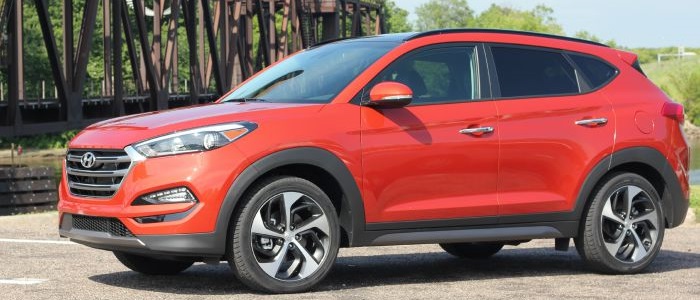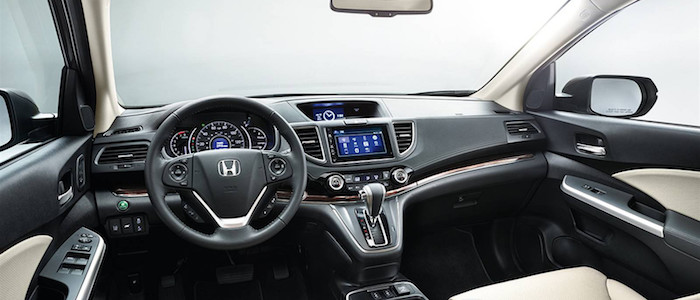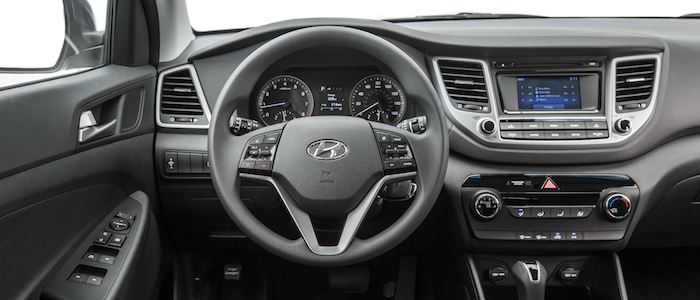Compare two cars
Compare any two cars and get our Virtual Adviser™ opinion
Dimensons & Outlines
Check a car with 30% off a report
Engine
Performance (manual gearbox)
Performance (automatic gearbox)
Expenses
Virtual Adviser's™ opinion
Two significantly similar cars, no doubt about that. Still, each one has something different to offer. Having both cars powered by diesel engines and utilizing the 5-door suv body style within the same 'SUV' segment, the only major difference here really is their wheel drive configuration (4 x 4 for the Honda and front in the case of the Hyundai). The first one has a Honda-engineered powertrain under the hood, a 4-cylinder, 16-valves 160hp unit, while the other one gets its power and torque from a 4-cylinder, 16-valves 115hp engine designed by Hyundai.
SafetyA starting point here would be to take a look at the results from European New Car Assessment Programme (Euro NCAP) tests which were performed on both of the cars, with the same number of safety stars gained in the process. Still, apart from the official crash test results there are other things we need to be aware of. Both vehicles belong to the suv segment, which is generally a very good thing safety-wise, but it doesn't do much to help us decide between the two. Furthermore, if we'd like to consider vehicle mass in this context too, which we definitely should, the Japanese car offers a considerable difference of 14% more metal.
ReliabilityManufacturers have been building their reliability reputation for decades now and, generally speaking, it appears that Honda does have a slight advantage, when all the models are taken into account. These are the results of an independent reasearch, while our visitors describe reliability of Honda with an average rating of 4.7, and models under the Hyundai badge with 4.5 out of 5. Unfortunatelly, I don't have enough insight that would allow me to comment in more details on the specific models level. Above it all, drivers of cars with the same engine as the Japanese car rank it on average as 3.0, while the one under the competitor's bonnet gets 3.9 out of 5.
Performance & Fuel economyHonda is way more agile, reaching 100km/h in 4.1 seconds less than its competitor. In addition to that it accelerates all the way to 202 kilometers per hour, 26km/h more than the other car. When it comes to fuel economy things look pretty much the same for both cars, averaging around 4.8 liters of fuel per 100 kilometers (59 mpg), in combined cycle.
Verdict
Hyundai appears just a bit more reliable, although the difference is truly marginal. The most important thing when deciding between any two vehicles should always be safety, both passive and active. In my opinion, everything taken into account, the Japanese car offers significantly better overall protection, taking the lead here. It all continues in the same direction, with Honda outracing its opponent in any situation possible, making it better choice for boy racers. It does come at a cost though, and that's the fuel consumption... All together, there's not much more to say, in this case I wouldn't even consider anything but Honda. Nevertheless, let's not forget that people have different preferences and needs, so what really counts is your personal feel. I'm only here to help. I suggest you spend two more minutes in order to find out which car, based on your needs and budget, would be picked by the virtual adviser™, among thousands of similar, yet so different vehicles.

































